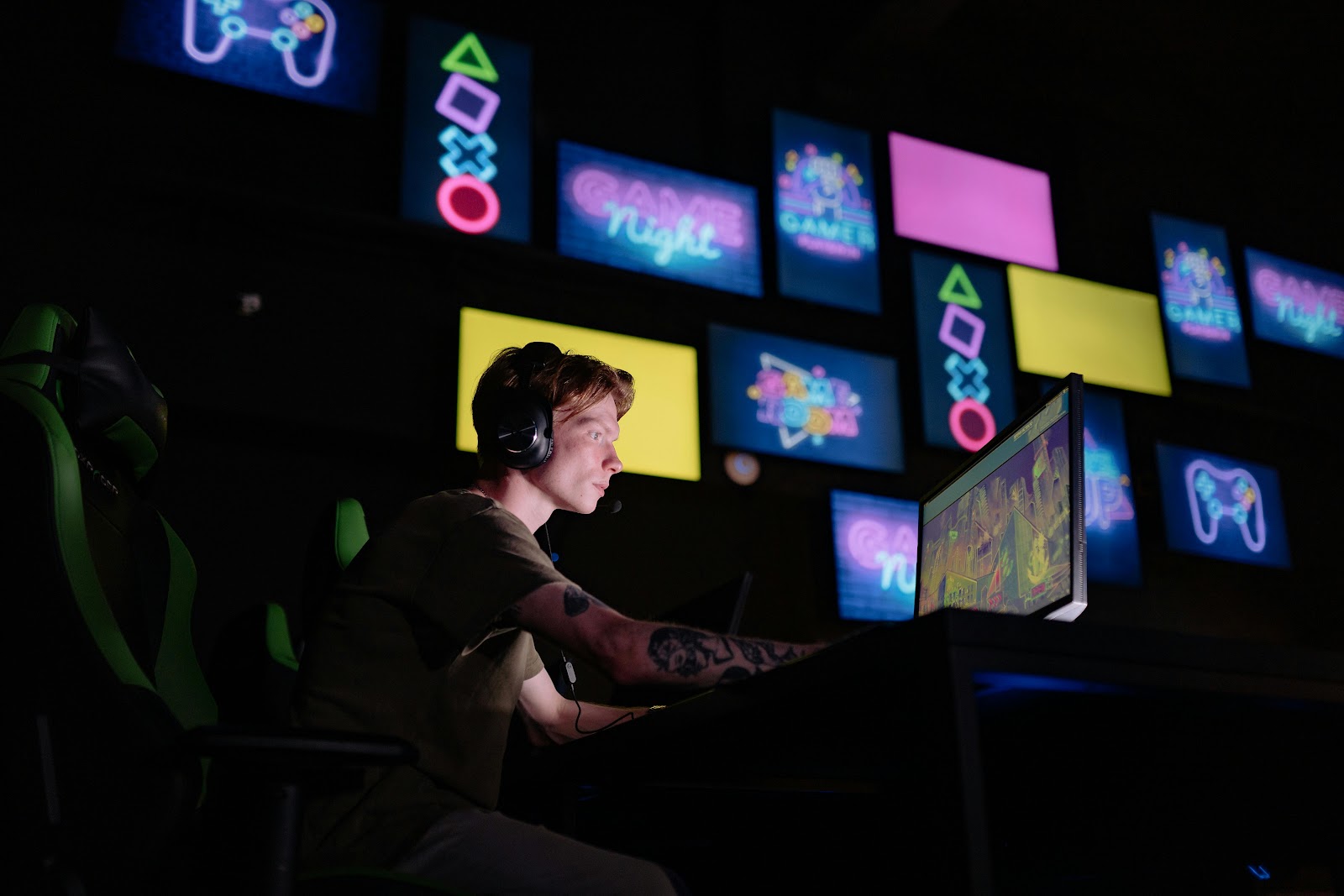Balancing Fun and Focus: Effective Time Management Tips for Gamers
1. Set Clear Gaming Goals
One of the reasons we lose track of time while gaming is that we don’t always have a clear purpose in mind. Aimlessly playing without any specific goal can lead to longer sessions than intended. Instead, before you start, set a clear gaming goal:
- Complete a specific mission or quest
- Reach a new level
- Master a new skill or game mechanic
Setting a goal not only adds structure to your gaming session but also gives you a natural stopping point. Once you’ve hit your target, you can log off knowing you accomplished what you set out to do.
2. Use Time-Tracking Tools
Most modern gaming platforms, like consoles and mobile apps, come with built-in time tracking or parental control features that can help you manage how long you spend playing. Even apps like Steam show you how many hours you've logged into a game. Alternatively, you can set a timer on your phone or use apps like RescueTime to monitor your play sessions.
If you know exactly how much time you’re spending on gaming, you’re better equipped to make adjustments and prevent overindulgence.
3. Prioritize Real-Life Responsibilities
As much as gaming can be fun and stress-relieving, it’s important to prioritize real-life tasks before diving into long sessions. Set daily or weekly goals for your personal life:
- Complete work assignments
- Finish household chores
- Spend time with family or friends
Consider using gaming as a reward for completing essential tasks. This way, you won’t feel guilty or stressed about things left undone, allowing you to fully enjoy your gaming time without distractions.
4. Try the Pomodoro Technique for Gaming
The Pomodoro Technique is a time management method where you work in short, focused bursts (typically 25 minutes), followed by a short break. You can easily apply this technique to gaming to keep your sessions balanced.
Here’s how it works:
- Set a timer for 25 minutes and play the game fully focused.
- When the timer goes off, take a 5-minute break to stretch, hydrate, or rest your eyes.
- Repeat for 2-3 cycles, then take a longer break (about 20-30 minutes).
This technique helps break up long gaming sessions and gives your body and mind a chance to recharge.
5. Multitask with Purpose
While gaming is often seen as a way to escape from real-world responsibilities, there are opportunities to multitask and use gaming time more efficiently. For instance, if you're playing a game with long loading screens, use that time to check emails, reply to messages, or even do a quick household task.
This way, you’re making the most of your gaming sessions without feeling like you’re losing time to other important tasks.
6. Set Realistic Limits
It’s all too easy to get caught up in the excitement of gaming and lose track of time. If you find yourself frequently saying “just one more game” or “just five more minutes,” it might be time to set stricter limits.
Here’s how:
- Set an alarm or reminder on your phone before you start gaming to signal when it’s time to stop.
- Use in-game achievements or level completions as natural stopping points.
- Agree on a fixed playtime each day and stick to it, even if you’re mid-game.
Learning to stop at a specific point will help you maintain a healthy balance and prevent gaming from cutting into other areas of your life.
7. Use Gaming as a Reward
Why not gamify your productivity? Treat gaming as a reward for accomplishing certain tasks throughout the day. For example, you might allow yourself an hour of gaming after you finish a project at work or after completing all your household chores. This way, gaming becomes something you look forward to, and it gives you an extra incentive to finish tasks quickly and efficiently.
8. Balance Single-Player vs. Multiplayer Games
Multiplayer games, especially competitive ones, can easily lead to extended playtime because they’re structured around continuous matches or ongoing progress. To better manage your time, consider balancing multiplayer gaming with single-player games.
Single-player games often have clearer objectives and natural stopping points, making it easier to step away when needed. On the other hand, multiplayer games can be addictive due to their ongoing nature. Setting specific time limits for multiplayer sessions or choosing certain days to play can help prevent burnout and time management issues.
9. Manage Your Sleep—Gaming and Sleep Don't Always Mix
Many gamers find themselves playing late into the night, often sacrificing sleep for “just one more level.” While it might feel harmless in the moment, gaming late at night can have long-term effects on your health, productivity, and mood.
To maintain a healthy sleep schedule:
- Set a “gaming curfew” that gives you enough time to unwind before bed.
- Use blue-light filters or gaming glasses if you game in the evenings, to reduce the impact on your sleep.
- Make sure you stop gaming at least an hour before bed to allow your mind to wind down.
The better you manage your sleep, the more energy you’ll have for both gaming and real-life responsibilities the next day.
Time management for gamers doesn’t mean cutting back on the fun—it’s about finding a healthy balance. By setting clear goals, using time-tracking tools, and prioritizing real-life responsibilities, you can enjoy your gaming hobby without letting it interfere with other important aspects of your life. Try incorporating these time management techniques into your gaming routine to stay focused, balanced, and still have a great time playing your favorite games.
With a little discipline and awareness, you can make the most of your gaming time while keeping life in check. Happy gaming!












Comments
Post a Comment